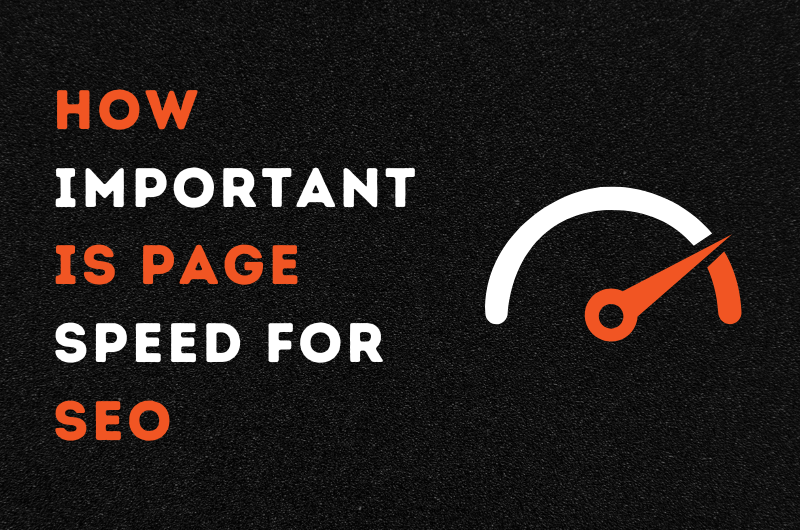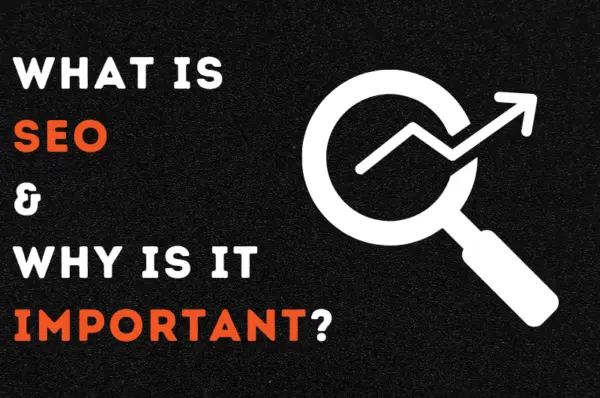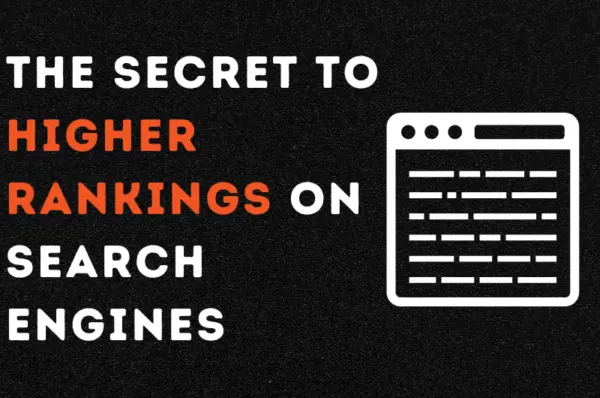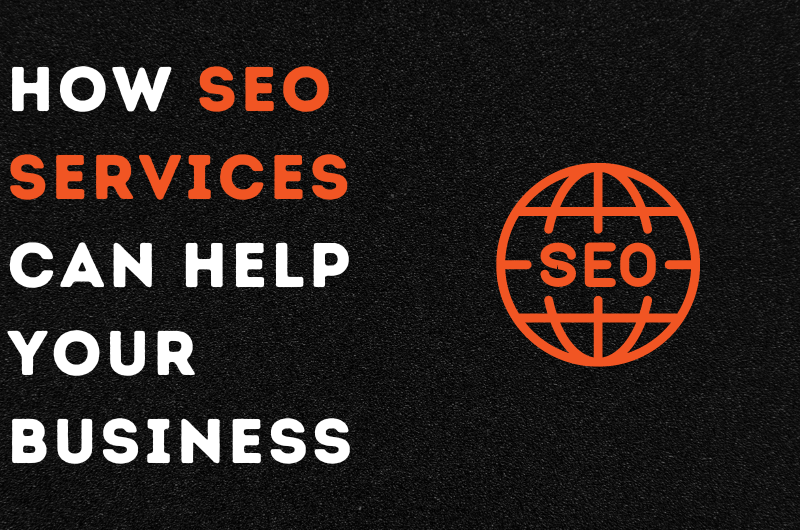Page speed is the amount of time it takes for a website to fully load. The faster the page speed of a website, the better the user experience. As such, it has become increasingly important for businesses to pay attention to their page speed when optimizing their website for search engine optimization (SEO).
In this post, we will discuss the importance of page speed for SEO, what page speed is, how important is page speed for SEO, and the important tools that you can use to measure any page speed on your website.
What is Page Speed?
Page speed refers to the time it takes for a website to fully load. This includes all elements, from images, videos, text, and more. It’s measured in seconds and can be impacted by various factors such as browser compatibility and server response times.
It would not be wrong to say that a good page speed should be under three seconds as anything longer than that can cause users to leave your site before they’ve had a chance to explore it further.
Tools to Measure Your Current Page Speed
If you want to check how your website is performing, there are various tools available on the internet. One of the best tools to check your website speed is Google’s PageSpeed Insights which I love to use. It provides both mobile and desktop scores for how quickly your page loads. It also gives an overall performance summary and offers suggestions on how to improve it.
Other tools such as Pingdom, WebPageTest, and GTmetrix are also great for measuring how quickly your website loads.
How Does Page Speed Affect SEO?
Your page speed is an important factor when it comes to SEO because Google considers the user experience when evaluating any website. If your website loads too slowly, then users are likely to leave without engaging with your content or exploring other pages on your website. This means that Google won’t consider your website relevant or useful in comparison with other websites that are faster and provide better experiences for visitors as compared to your website.
So, improving your page speed should be an integral part of any SEO strategy as it will increase user engagement and help you rank higher in search engine results pages (SERPs).
How Can I Optimize My Website’s Page Speed?
There are several ways you can optimize your website’s page speed and improve its SEO performance. Common solutions include optimizing images, reducing redirects, minifying code, caching resources, etc., which all work together to reduce loading times and boost user experience.
The first step is to test your current page speed using tools like Google Pagespeed Insights or Pingdom Tools which will provide specific recommendations on how you can improve your score. These recommendations include reducing image sizes, minifying code, and caching static files on your server.
You should also consider utilizing content delivery networks (CDNs) which can help reduce latency by serving content from different geographic locations around the world.
Key Takeaways for Businesses Looking to Improve Their SEO Through Better Page Speeds
Page speed is a critical factor in how search engines evaluate your website and how users interact with it. By paying attention to your page speed and making the necessary optimizations, you can significantly improve how quickly your pages load and how effectively they are indexed by search engines.
Additionally, faster loading times will also improve the user experience which in turn can lead to higher engagement rates, more conversions, and higher rankings in SERPs. Optimizing page speed should be an integral part of any SEO strategy and is essential for businesses looking to increase their visibility online.
Questions such as how important is page speed for SEO can only be answered by reviewing your website’s performance against competitors, assessing how user experience is affected, and how quickly your pages load. Optimizing your page speed can be a complex task but investing the necessary time and resources to do so will result in better performance, higher engagement levels, and improved visibility online.
Conclusion:
All in all, there is great importance of page speed for SEO as it impacts the user experience on your website which is closely monitored by search engines like Google in order to determine ranking positions in SERPs. Improving your page speed should be an integral part of any SEO strategy as it will help you rank higher while also increasing user engagement with your content. Page speed comes in the on-page optimization domain and greatly impacts your overall ranking.
There are several tools available online that can help you measure your current page speeds so that you can identify areas where improvements need to be made in order to optimize performance further. With a few simple tweaks here and there you should see a noticeable improvement in both rankings and engagement!



